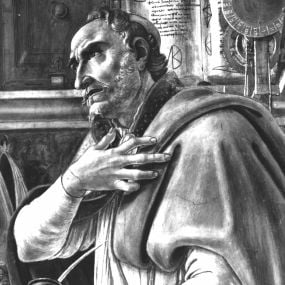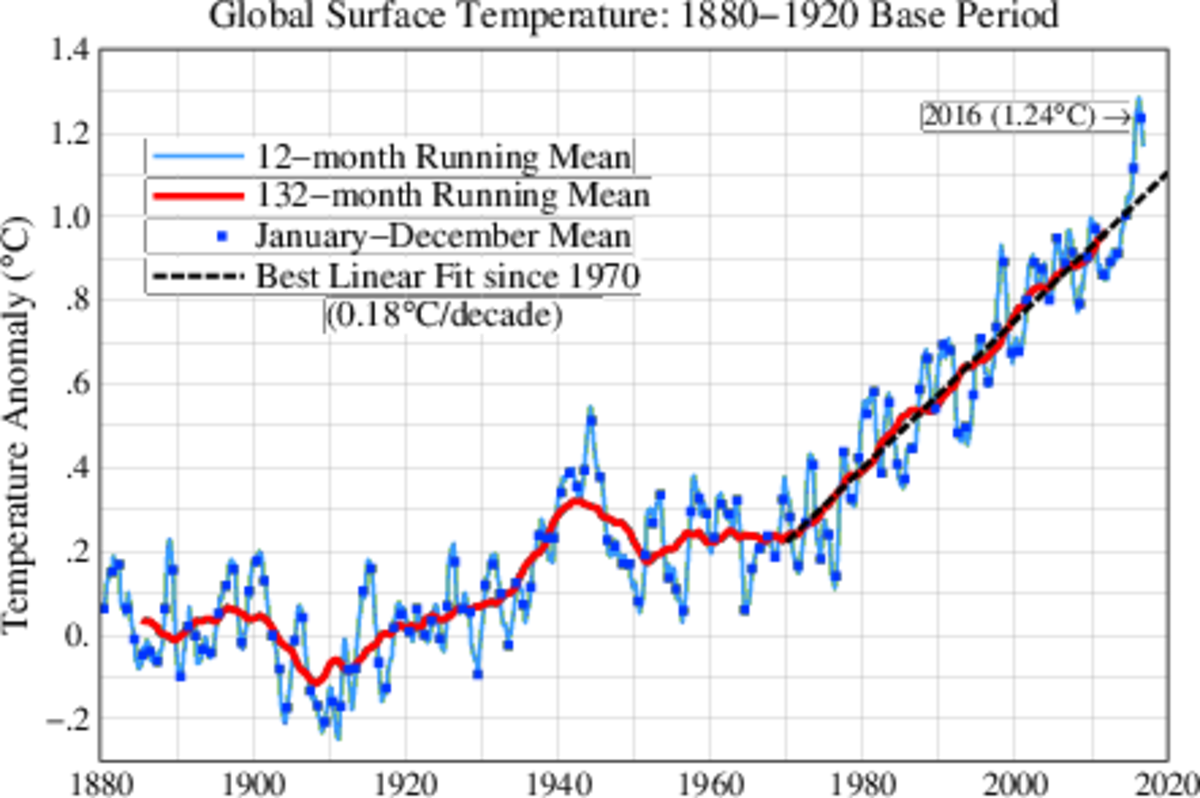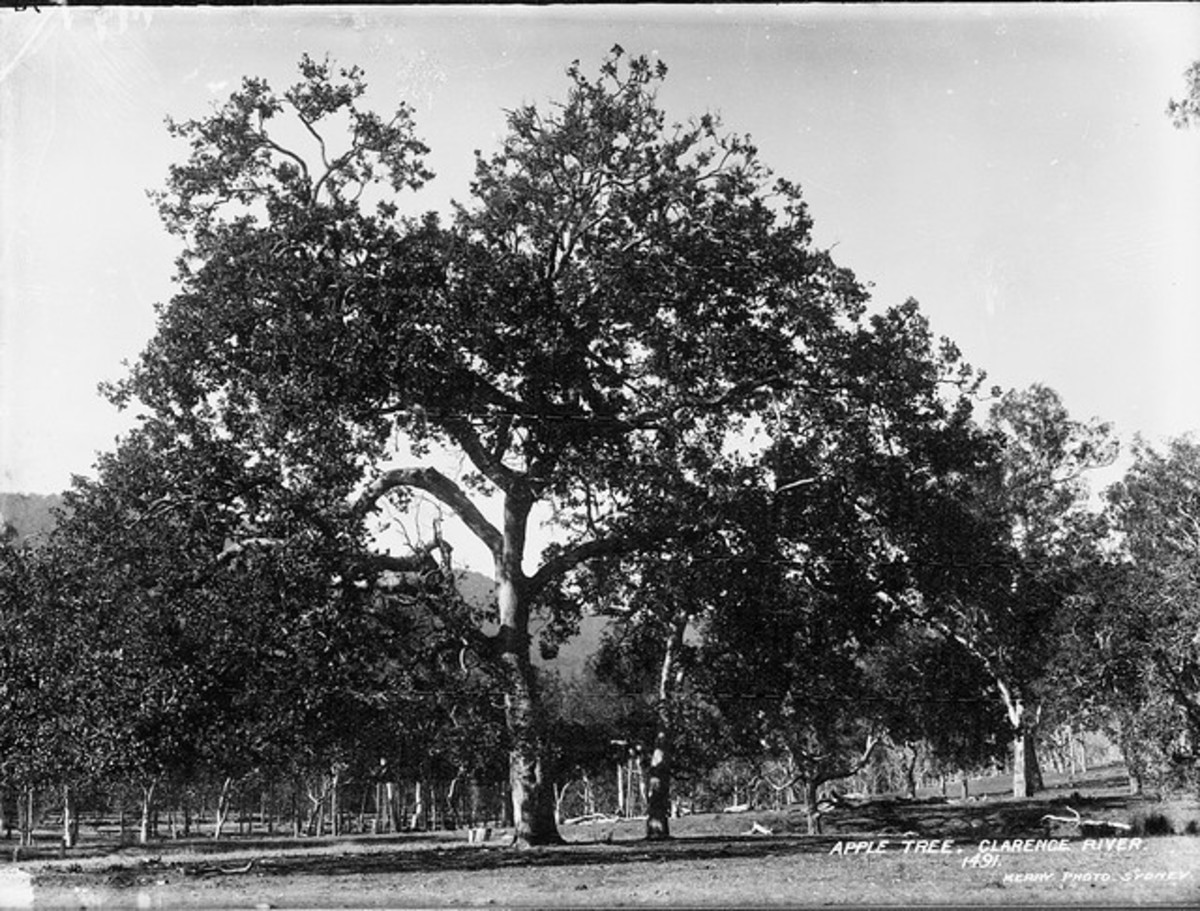How Catholics are the Solution to the Problem - Part III
A quick look at the problem of atheism and how Christians are partly responsible for it. Part III of III

Atheists & Agnostics
We have now come to the problem of atheism that says God’s existence is irrelevant. Those who advocate this tend to be in the scientific community and so we must look to the scientific community first. Unfortunately, the sense of power man gains from his technological advancement encourages him to view himself as an end with the supreme control over his own history.[1] The avid atheist, Richard Dawkins, for example, puts too much stock in science. In his book, The God Delusion, he claims that “any line of reasoning that reached such a significant conclusion without feeding in a single piece of data from the real world”[2] is suspicious. Additionally, Dawkins has little respect for philosophers or their practice when he says “I mean it as a compliment when I say that you could almost define a philosopher as someone who won’t take common sense for an answer.”[3] Dawkins believes objective truth can only be discovered in the ‘real world’ and subjects like philosophy and metaphysics are misleading. In response to this kind of prejudice in the scientific community, we should look to St. Augustine of Hippo and his work, The Confessions.

St. Augustine
Augustine responds to this kind of atheism in Books III and V. Augustine explains how the scientist may know a great deal about the world, but the scientist fails to investigate the source of that intelligence, which is God.[4] Augustine makes the argument that the man who owns a tree and thanks God for it, even though he does not know all the qualities of the tree, is better off than the man who does not own the tree and knows all of its qualities and fails to acknowledge God for it.[5] Science is only a part of reality, not the whole of it. Science also does not account for the existence of ethics or truth. How could immaterial things like truth and goodness come into being in a purely materialist world? Book III, section vii (12) explains how evil can only exist in a universe where there is a God. After all, evil is nothing more than a privation, or lack, of goodness. Augustine shows us what a purely scientific viewpoint can do to truth when he says, “How could I see this [truth] when for me ‘to see’ meant a physical act of looking with the eyes and of forming an image in the mind?”[6] Truth will never be found under a rock or under a microscope. The questions of God’s existence and man’s dignity are questions of metaphysics and philosophy, not science. Those who claim everything can be explained through the reasoning processes of science need to be reeducated in the immaterial aspects of life.

A Plea
This plea for Christians is meant to raise an awareness of atheism and our role in it. Atheists present the world with a serious problem that must be addressed. Christians must be educated in the works of Aquinas and Augustine in order to counter the progress of atheism in the world. Man desires truth and truth is only possible in the Christian theistic worldview. Atheism fails to account for truth, knowledge, human dignity, and goodness. The battle for the hearts of men will not be an easy task. But by reading these two great Church fathers and setting an example for others, we can turn the tide and save millions of souls for the glory of God. May God have mercy on us.
Endnotes
[1] Cf. Gaudium, pg.920
[2] The God Delusion, Ch.3, pg.107
[3] The God Delusion, Ch.3, pg.107
[4] Confessions, V. iv (7), pg.75
[5] Cf. Confessions, V. iv (7), pg.76
[6] Confessions, III. vii (12), pg.43
Bibliography
Aquinas. “Super Boethium De Trinitate”. Faith, Reason and Theology. Trans. by Armand Maurer. Pontifical Institute of Medieval Studies, 3-55.
Aquinas. “The Summa Theologica”. Introduction to St. Thomas Aquinas. Ed. Anton C. Pegis. New York: Random House, Inc., 1948. 20-27.
Augustine. Confessions. Trans. by Henry Chadwick. New York: Oxford University Press, 2008. 35-89.
Dawkins, Richard. The God Delusion. New York: Mariner Books, 2008. 31-107.
Vatican Council II. “Gaudium et Spes”. The Conciliar and Post Conciliar Documents. Ed. Austin Flannery, O.P. Northport: Costello Publishing Company, Inc., 1996. 903-922.









